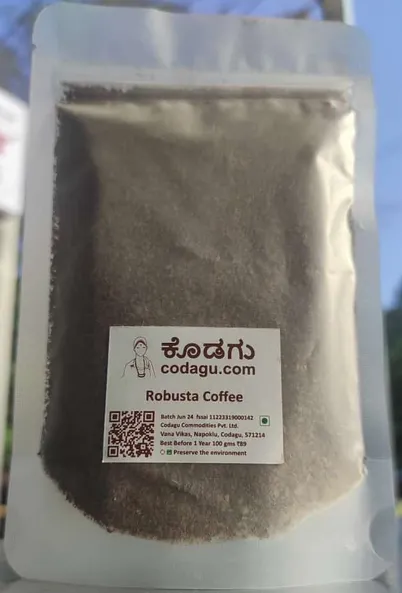From Bean to Bounty: Enhancing Tomato Growth with Coffee Grounds
Did you ever imagine that the key to fostering robust tomato plants and ensuring a bountiful harvest lies in the simple act of incorporating coffee grounds into your gardening routine? Believe it or not, by utilizing coffee grounds alongside your tomato plants, you can facilitate their vigorous growth and optimize their yield throughout the summer months.
Coffee grounds offer multifaceted benefits to tomato plants. Beyond serving as a natural fertilizer enriched with essential nutrients, they contribute to soil enrichment and water retention, while also acting as a deterrent against common pests like slugs.
The Power of Planting Tomatoes with Coffee Grounds
There exist four distinct methods to leverage coffee grounds for cultivating exceptional tomatoes. The foremost and arguably most impactful strategy involves integrating coffee grounds into the soil at the time of planting, delivering an unparalleled boost to young tomato plants.
Incorporating Coffee Grounds into Tomato Planting
Whether you opt for traditional ground beds, raised beds, or containers, infusing coffee grounds into the soil of each planting hole provides a substantial initial advantage. Packed with nutrients crucial for growth, coffee grounds furnish tomato plants with nitrogen, phosphorus, and potassium—essential elements for robust stem development, root establishment, and overall plant health.
Moreover, coffee grounds harbor additional nutrients like calcium and magnesium, pivotal for optimal fruit development and photosynthesis. By blending a mere 1/4 cup of coffee grounds into the soil of each planting hole, you lay the foundation for thriving tomato plants.
Furthermore, coffee grounds possess exceptional water-retention properties, holding twice their weight in moisture. This attribute proves invaluable in ensuring consistent hydration for young plants, promoting their vigor and resilience.
Harnessing Coffee Grounds Above Ground – Maximizing Tomato Growth
In addition to fortifying the soil at the root level, coffee grounds contribute to above-ground plant health. Following planting, scatter three to four tablespoons of grounds around the base of each plant—a practice that confers dual benefits.
Primarily, with each rainfall or irrigation event, the grounds gradually release nutrients, furnishing a steady, long-term supply essential for sustained growth. Moreover, as coffee grounds decompose, they enhance soil structure and fertility, fostering optimal conditions for plant development while thwarting potential pest infestations.
Employing Coffee Grounds to Deter Slugs – A Natural Pest Control Method
Remarkably, coffee grounds serve as a natural deterrent against slugs—an added advantage for tomato growers. When applied around the base of plants, the abrasive texture of coffee grounds impedes slug movement, safeguarding plants from potential damage.
Utilizing Old Coffee or Weak Coffee as Liquid Fertilizer
Expanding the repertoire of coffee-ground applications, the remnants of brewed coffee offer yet another avenue to nurture tomato plants. By diluting old or weak coffee with water, you create a nutrient-rich liquid fertilizer ideal for irrigating tomatoes and other vegetable and flower crops.
This versatile concoction not only nourishes plants but also minimizes waste, making it an eco-friendly gardening solution. However, it's imperative to allow the coffee mixture to cool to room temperature before application.
In conclusion, by harnessing the potent properties of coffee grounds, you can cultivate robust, high-yielding tomato plants while simultaneously promoting soil health and sustainability in your garden.
(Source: https://simplegardenlife.com/plant-tomatoes-coffee-grounds/)


















